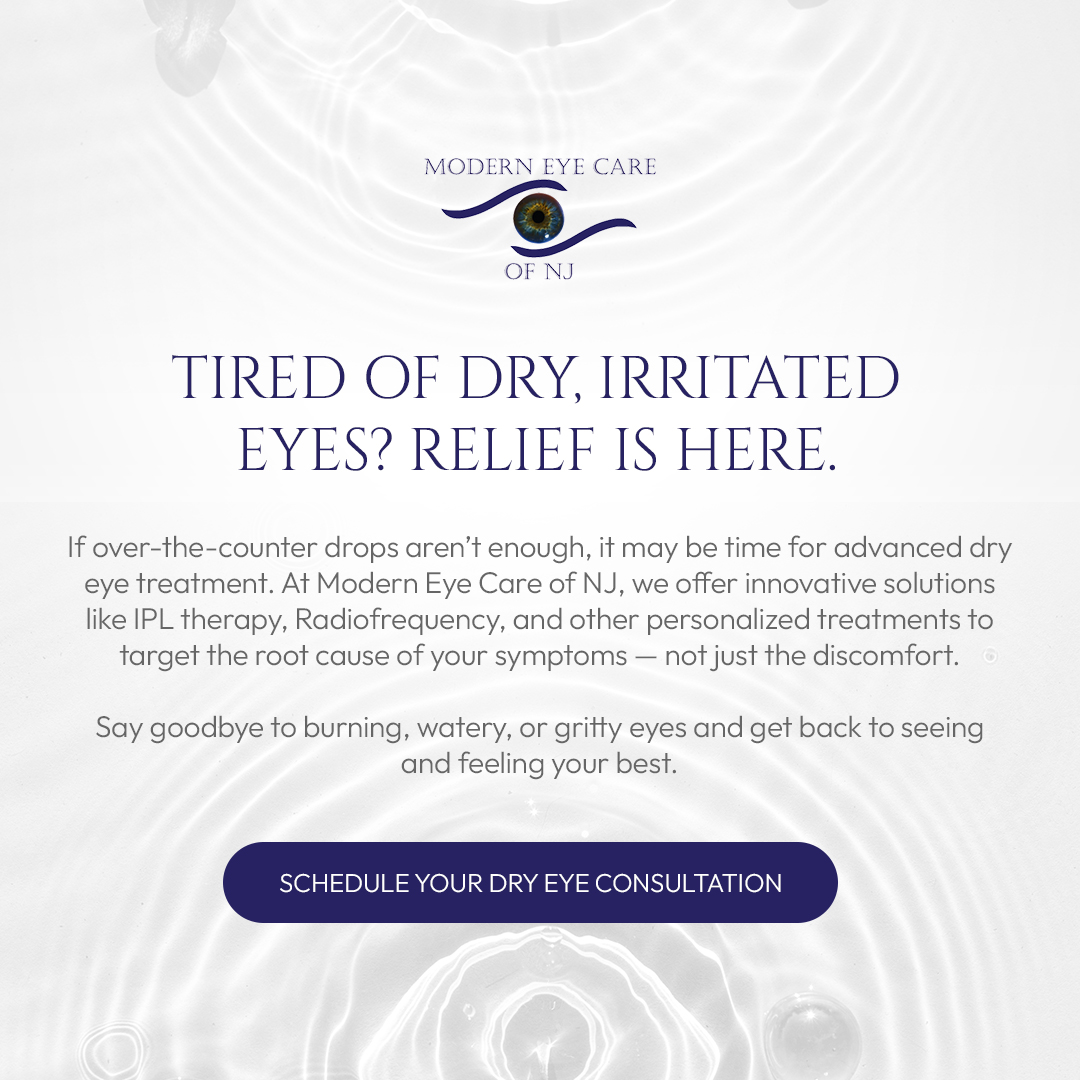
Myopia affects approximately 30% of the global population, with no signs of abating or stopping. Projections show that by 2050, it will have affected about 50% of people worldwide.
Thus, detecting and managing it early to prevent long-term complications and preserve good vision is vital. Continue reading to learn about the importance of early detection and management of myopia.
What Is Myopia?
Myopia, or nearsightedness, is a refractive error that causes the eye to see near objects while those at a distance appear blurry. It occurs when your cornea is very steep or your eye shape is too long. Either causes light entering the eye to focus in front of the retina instead of directly on it.
Eye doctors often diagnose myopia during childhood or the adolescent years. The refractive error can range from mild to severe.
Risk Factors for Myopia
Your risk for myopia can increase due to such factors as:
- Lifestyle choices: Living an inactive lifestyle with poor nutrition can cause the development of myopia
- Pharmacological interventions
- Environmental factors
Children with a parent or both parents with nearsightedness are more likely to develop refractive errors. Environmental factors like spending much time indoors or spending most of your time doing close work increase the risk of myopia.
Myopia Complications
Several complications, such as retinal detachment, glaucoma, or cataracts, can arise with myopia. They can lead to irreversible vision loss, necessitating surgery in many cases. Additionally, high myopia levels increase the risk of developing other eye conditions like macular degeneration.
The Importance of Detecting and Managing Myopia Early
Early myopia detection helps with prompt treatment and management of the condition. Diagnosing children with myopia at a young age helps with interventions that slow myopia's progression.
The interventions minimize the risk of complications. Early detection also helps identify underlying health conditions like thyroid disorders or diabetes. Such conditions may contribute to nearsightedness.
Regular eye exams are ideal for the early detection and management of nearsightedness. Experts recommend taking children for their first comprehensive eye exam at six months. They should follow it with a supplementary exam when the child is three years old or before they start schooling.
Once they begin school, children should get their eyes examined annually or every two years. It can also happen frequently if your child experiences vision problems or has an underlying health condition.
Myopia Treatment Options
There are various treatment options for myopia.
They include:
- Corrective lenses
- Pharmacological interventions
- Orthokeratology
Your eye specialist can recommend corrective lenses like contact lenses or eyeglasses. The lenses can correct the refractive error for improved vision.
Pharmacological interventions can help slow the progression of the condition. One example is the use of atropine drops. Orthokeratology also helps with clear vision during the day without corrective lenses. It entails wearing specialized contact lenses while you sleep. It helps reshape your cornea overnight.
Besides all these treatment options, lifestyle changes can help with myopia management. Parents should urge their children to take part in outdoor activities. Doing so promotes the healthy development of their eyes and reduces the risk of myopia.
Parents should urge their children to take part in outdoor activities. Doing so promotes the healthy development of their eyes and reduces the risk of myopia. Reduce eyestrain and myopia progression risk by limiting screen time and taking regular breaks while doing close work.
For more about myopia, visit Modern Eye Care of NJ at our office in Holmdel, New Jersey. Call (732) 858-1646 to book an appointment today.









